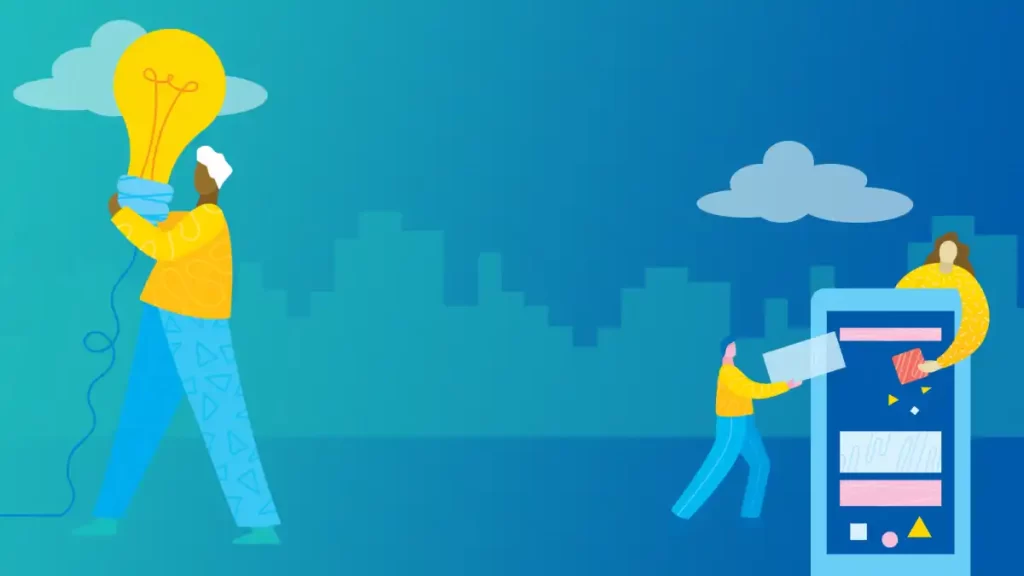How Thinking Inside The Box Helped Businesses Navigate The Pandemic

How Thinking Inside The Box Helped Businesses Navigate The Pandemic
Businesses which have survived and thrived during the last 18 months have wished first-rate adaptability, resourcefulness, imagination, and a slice of success to be in a area that may nevertheless operate.
Importing and production have necessitated modifications and wondering out of doors the container like in no way before.
C.H. Robinson, as a worldwide delivery and logistics organisation with a sturdy presence in Australia, has needed to revolutionise the manner it makes use of sea-freight to hold to thrive and to assist its companions prosper.
Pre-pandemic, conventional sea-freight consisted in particular Full Container Loads being shipped for one enterprise however that has modified as availability has emerge as much less and fees have increased.
But with a lot uncertainty for groups over deliver, availability or even the capacity to operate, C.H. Robinson needed to suppose out of doors the container approximately what turned into going in the boxes. The end result has been permitting its companions to have some distance extra flexibility and margin for blunders with the aid of using encouraging their use of Less than Container Loads (LCLs).
“As we technique the busiest time of the 12 months for imports, groups can keep away from panic shopping for inventory and rely upon a regular and regular deliver with the aid of using the usage of consolidated offerings,” stated C.H. Robinson Vice President Oceania, Andrew Coldrey.
“Many of our clients are searching at smaller consolidated loads, growing frequency and thereby the usage of much less warehouse area and personnel to dump.”
“For example, why pressure an auto-elements dealer to deliver over a complete box of elements and probably positioned their enterprise at chance via maintaining a big inventory, whilst you may fill that box with a whole lot of exclusive items for numerous clients,” he asked.
This is a sea-freight components that has labored properly for CoolDrive Auto Parts, which elements extra than 10,000 Australian groups.
CoolDrive’s Supply Chain General Manager, Matthew O’Shea, says “LCLs now no longer most effective provide us outstanding flexibility however additionally presents that equal flexibility to the groups we deliver.
“We have 200,000 elements in our catalogue coming from six hundred providers in Asia, Europe and the Americas.
“With LCLs, we are able to see how new merchandise carry out with out overcommitting to them. It has helped us develop our catalogue, create relationships with new providers and allowed us to be even extra bendy and aware of precise consumer needs.”
CoolDrive gets weekly deliveries via C.H. Robinson which in Melbourne makes use of Secon to select out up boxes from the wharves, dump the LCLs at its Truganina base and supply to consumer normally with 24 – 36 hours of arrival.
Secon’s Business Development Manager Daniel Considine stated that the organisation has in no way visible situations like they’re proper now.
“In the modern-day weather consolidation offerings serve extra than simply area utilisation. They are essential for nearby enterprise and monetary continuity,” Mr Considine stated.
“Whilst congestion is ubiquitous in our industry, our capacity to consolidate and paintings together, to proportion our resources, and in the long run launch the strain valve resulting from congestion has proved extra essential than we anticipated.”
In a global wherein the tech giants have a lens firmly targeted at the sharing financial system platforms (i.e. Uber and Airbnb), C.H. Robinson, Secon and forward-wondering groups like CoolDrive are properly located at the vanguard of sea freight consolidation offerings to supply on enterprise expectations, alleviate congestion and make certain monetary continuity, from deliver to shelf.




